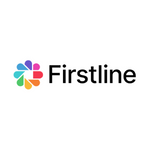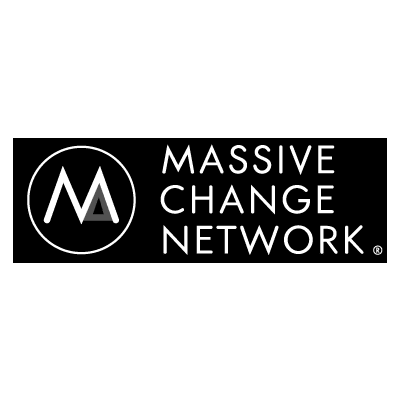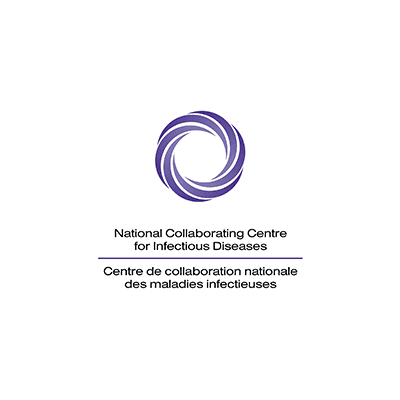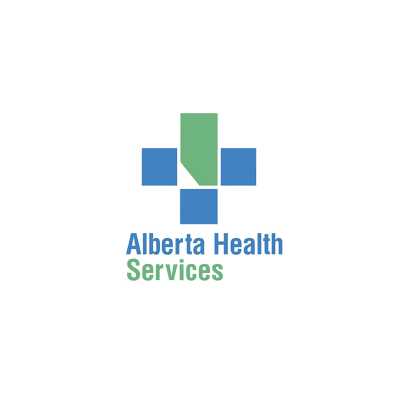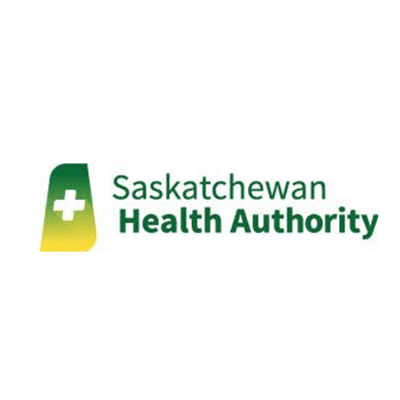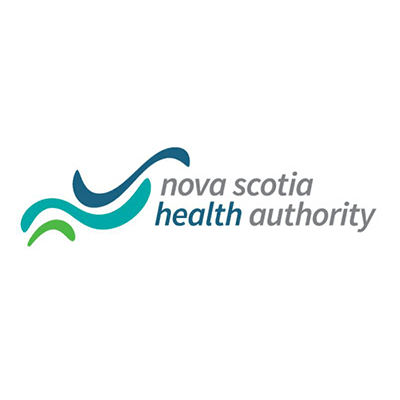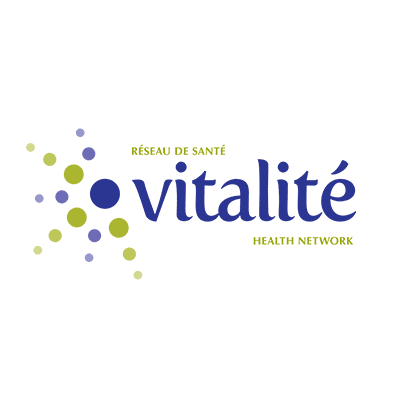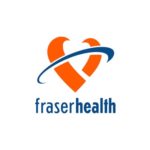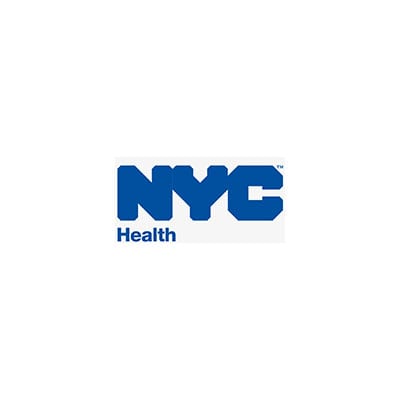
Global Clinical Network for Infectious Diseases
The first global platform that empowers healthcare organizations to collaborate and improve the diagnosis and treatment of infectious diseases.
Project Overview
Updated January 10, 2025.
The Problem
As COVID-19 cases continued to rise worldwide during 2020 and 2021, it was challenging for most of us, including medical experts, to stay up on top of the daily updates and new information being circulated on the virus.
All this rapidly changing information had presented a worldwide challenge for hospitals that needed to create, maintain and distribute up-to-date treatment guidelines to frontline healthcare providers. The situation was made worse because most health organizations independently created guidelines. Multiple health organizations unknowingly duplicated work being done by others, instead of exchanging current protocols and guidelines.
Each organization was independently reviewing emerging evidence, updating their materials and then delivering guidelines to frontline staff. Unfortunately, those clinical guidelines were sometimes delayed or never delivered.
How We Are Solving It
The Result
The creation of this solution has tackled a complex challenge by bringing together a global coalition of infectious disease experts together into one single community. This project delivered the first global platform that empowers healthcare organizations to collaborate and improve the diagnosis and treatment of infectious diseases. The project facilitated the sharing of complex clinical knowledge between healthcare organizations across Canada and the U.S., and delivered meaningful clinical improvements in the treatment of infectious diseases. The solutions developed reduced the time taken by clinicians to create a clinical guideline by 80% (from ~150 hours to ~30 hours).
This technology is now being used to combat antimicrobial resistance (AMR) – named one of the World Health Organization (WHO)’s Top 10 Global Health Threats as estimated to kill 10 million people around the world by 2050. In December 2022, the WHO partnered with Firstline to distribute AMR guidance around the world. The resource, which is freely available and instantly accessible even in resource-limited nations with limited connectivity, is now currently being used in nearly every country around the world. Additionally, the technology is being used by healthcare providers in all United Nations peacekeeping operations.
In May 2024, the Government of Canada announced support for the development and dissemination of national antimicrobial prescribing guidelines for 25 different syndromes in humans. These guidelines will help optimize prescribing practices and reduce unnecessary or inappropriate use of antimicrobials in Canada, which is one of the key drivers of AMR. The guidelines will be developed by The Association of Medical Microbiology and Infectious Disease Canada (AMMI Canada) with dissemination of the guidelines through Firstline’s platform. The announcement is not only a tremendous achievement for British Columbia-led innovation, but a remarkable milestone benefitting people in Canada and around the world with more informed, evidence-based care in prescription guidance.
Project Lead
Project Partners
-

“We are delighted to have completed this project with support from DIGITAL, successfully delivering on all the objectives we targeted. With input from clinical specialists at some of the most renowned healthcare organisations around the world, the project has created a unique blend of sophisticated technology that helps to solve complex human challenges. Our service is already in use at hundreds of hospitals around the world, delivering very real benefits - bringing people and clinical knowledge together, reducing the burden on clinicians, and delivering improved outcomes for patients.”
CTO of Firstline
